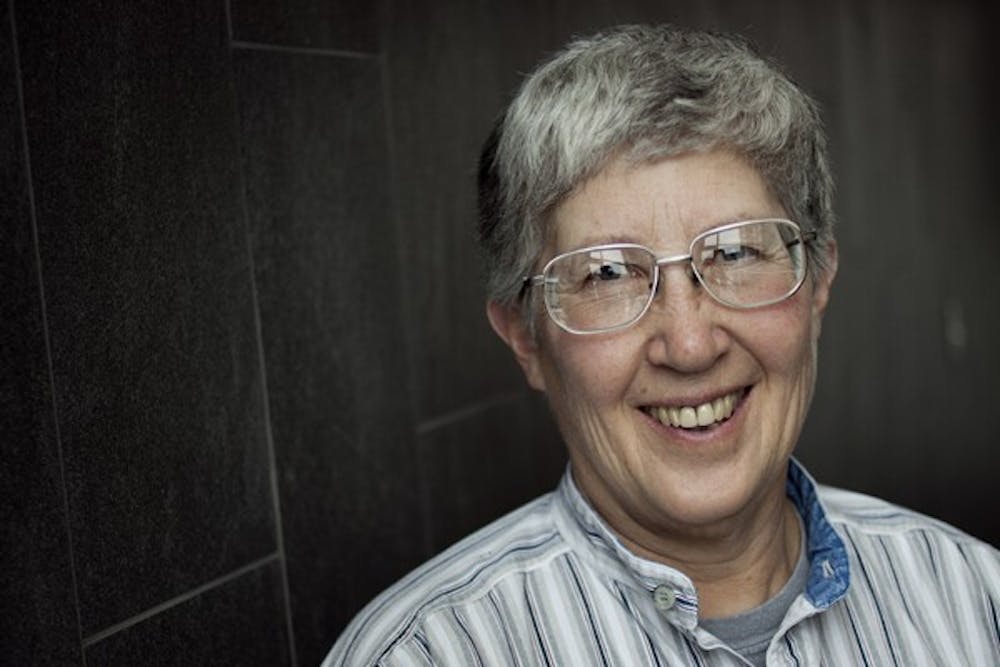Norma Bailey works as professor, community activist
A Central Michigan University education professor has shifted her social activism to a political one by fighting for a non-discrimination ordinance.
Professor Norma Bailey and others hope the ordinance will pass after the final presentation to the Mount Pleasant City Commission Monday.
Bailey said like many gays and lesbians, she hid who she was for many years. She said she didn’t come out until she was 34 years old.
“It was a long process,” Bailey said. “After admitting to myself I was a lesbian, I ended my marriage and decided to do my part to help the community.”
She began speaking to schools and giving fellow teachers tools to better serve the younger community.
“When you aren’t out to the community, there’s a sense of being cautious,” Bailey said. “You always have to stop and think, 'Do we hold hands or to what degree do you wish to be out?' You aren’t able to do things straight couples do without thinking in terms of how to function publicly.”
Bailey said she’s not afraid of losing her job, but she knows of others who are. She said she remembers how internally isolated she felt before coming out. She said she now feels much more free and wants others to feel the same.
Charles Farnum has been working closely on the ordinance with Bailey and said if it passes, long-term couples can be seen together without fear of losing a job, he said.
Males will be able to hold hands across a table without being asked to leave a restaurant. Two post-college women will be able to rent an apartment together without inquiries into whether they're "just sharing or living together," he said.
“People that are against the ordinance for different reasons, including religious ones, can believe anything they wish,” Bailey said. “But they don’t have the right to discriminate against other people.”
She said if someone can perform their job or are good renters, why does it matter what their sexuality is?
Bailey said religious organizations will not be forced to hire people of the LGBT community. The ordinance simply states people can’t be fired, turned away from a place of business and kicked out of a housing situation because of sexual orientation or gender identity.
Farnum said everyone should have the right to work, eat in public and rent a place to stay, regardless of who they fall in love with. That's not the case right now in Mount Pleasant, but he said he hopes it will soon be.
“This is so people know they can’t be turned away,” Bailey said. “No one should have to pretend; they should be able to be who they are.”
It’s this fear that’s created when someone can’t be out, she said; without this protection, it limits people’s lives.
“I never thought in my lifetime I would see gay people be married,” Bailey said. “The problem is some hate is still there.”




